Saudi Arabia imprisons nearly 50 tribesmen for rejecting Neom-related displacement
Saudi Arabia has imprisoned at least 47 tribesmen of the Howeitat tribe in the northwest of the country for their resistance against displacement aimed at developing the Neom megacity, a human rights group says.
Human rights organization Alqst released a report on Thursday titled “The Dark Side of Neom,” providing details about those who have been detained or disappeared for voicing protest to the $500-billion project as well as related human rights abuses.
Based on the report, 15 members of the tribe have received sentences between 15 and 50 years and five others have been sentenced to death. No information about the fate of 19 other detainees is available, it said, adding that eight others have been released.
The sentences have been reportedly extended in mid-2022 amid Saudi Crown Prince Mohammed bin Salman’s efforts to rehabilitate ties with the international community following the murder of dissident journalist Jamal Khashoggi in the Saudi consulate in Istanbul.
Abdulilah al-Howeiti and his relative Abdullah Dukhail al-Howeiti, members of the Howeitat tribe in northern Saudi Arabia, were each handed a 50-year prison term and 50-year travel ban for supporting their family’s refusal to be forcibly evicted from their homes in the Tabuk province.
Saudi authorities also arrested Maha Suleiman al-Qarani al-Huwaiti, the only known woman among those detained, in February 2021 for tweeting about the cost of living and mourning the death of Huwaiti.
“These harsh punishments inflicted on members of the Huwaitat tribe are part of a wider trend that began in the summer of 2022, of individuals being sentenced to lengthy prison terms -- of up to 50 years -- simply for social media activity calling for social and political reform,” the rights group said.
Shadli, Atallah, and Ibrahim al-Howeiti were arrested in 2020 for opposing the eviction and were handed down death sentences on October 2, 2022, by Saudi Arabia’s Specialized Criminal Court (SCC).
The report noted that Saudi authorities had “dramatically increased” the use of the death penalty in 2022, compared to 2021, executing twice as many people.
“These developments, taken together, represent a sharp deterioration in the human rights situation following the normalization of diplomatic relations with Mohammed bin Salman,” Alqst said.
Elsewhere in the report, the rights group notes that Saudi authorities have evicted residents often against their will and in contravention of international law.
Saudi special forces, sometimes with 40 vehicles, were dispatched to the region in March 2020 to raid the homes of those who were resisting eviction and to intimidate them, according to the report.
In a confrontation, Saudi forces detained 20 residents who had come to defend a kidnapped child, reads the report, adding that the minor was abducted by the secret police after writing “We will not be moved” on walls.
According to the rights group, residents were offered as little as 17,000 riyals in compensation despite Saudi authorities’ claim of offering 620,000 riyals. Meanwhile, authorities have refused to resettle the resident in proximity to their former homes. The low compensation has forced residents to buy homes in poorer neighborhoods in the Tabuk province.
The expropriations of homes contravene the Universal Declaration of Human Rights and the Cairo Declaration on Human Rights in Islam, both of which Saudi Arabia has ratified.
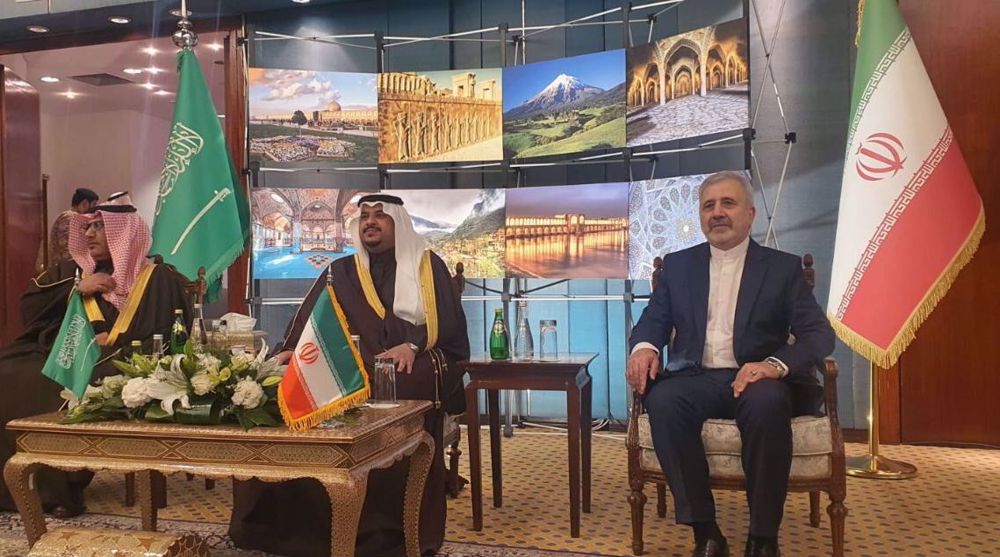
Tehran, Riyadh expanding, deepening mutual cooperation: Iran’s ambassador
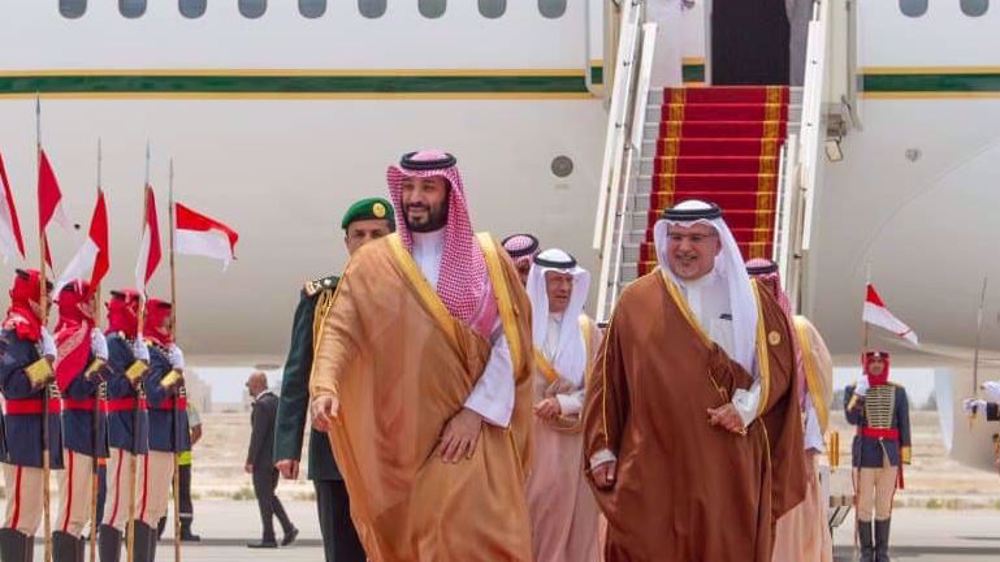
Arab League condemns Netanyahu’s proposal to create Palestinian state in Saudi Arabia
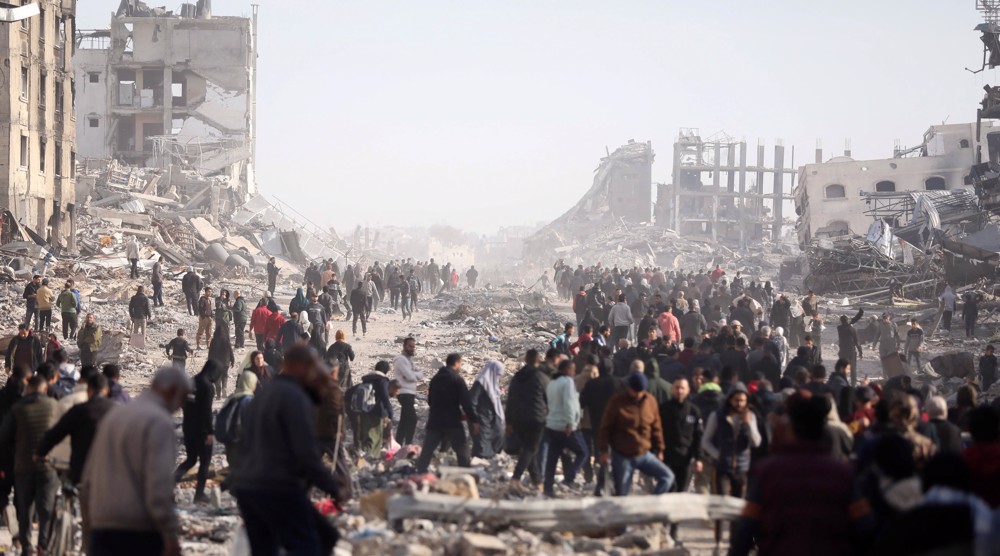
‘Extremist mindset’: Riyadh rejects Netanyahu’s remarks on displacing Palestinians
VIDEO | Press TV's news headlines
VIDEO | Belgian journalist lambastes Israeli aggression against Palestinians
VIDEO | Yemen warns Israel of military response over Gaza aid block
Israel's ‘internal security agency’ acknowledges failure to prevent al-Aqsa Storm
Russia: Threats of using military force against Iran’s nuclear sites ‘unacceptable’
VIDEO | Ramadan in Iran
VIDEO | Trump's controversial moves
VIDEO | Yemen downs 15th sophisticated American drone; vows to keep up support for Gaza, Lebanon




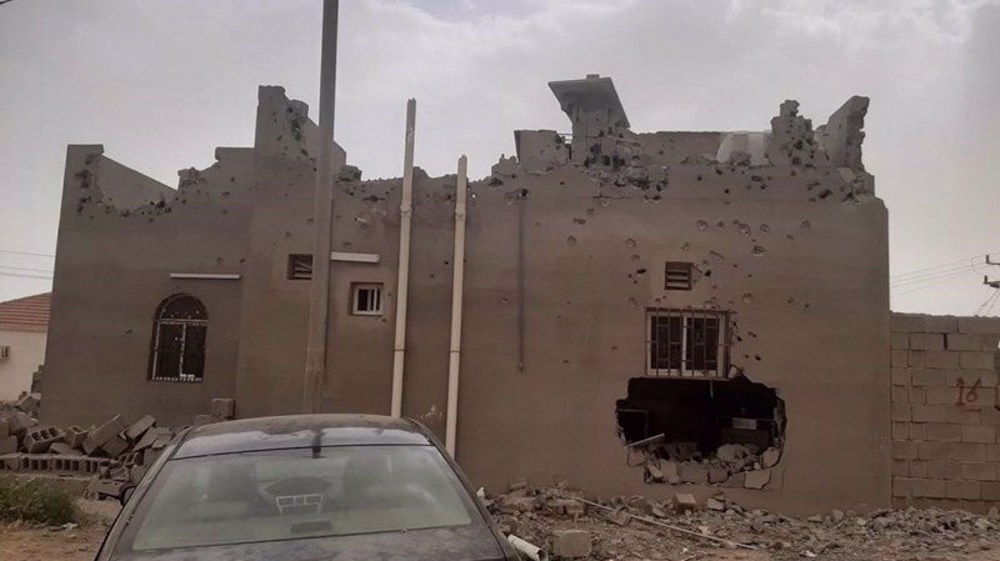



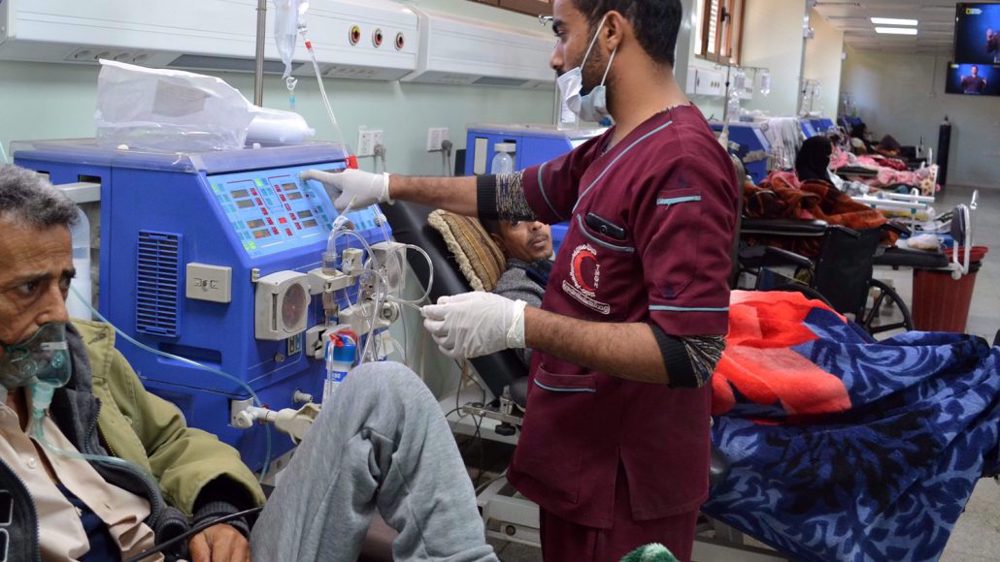

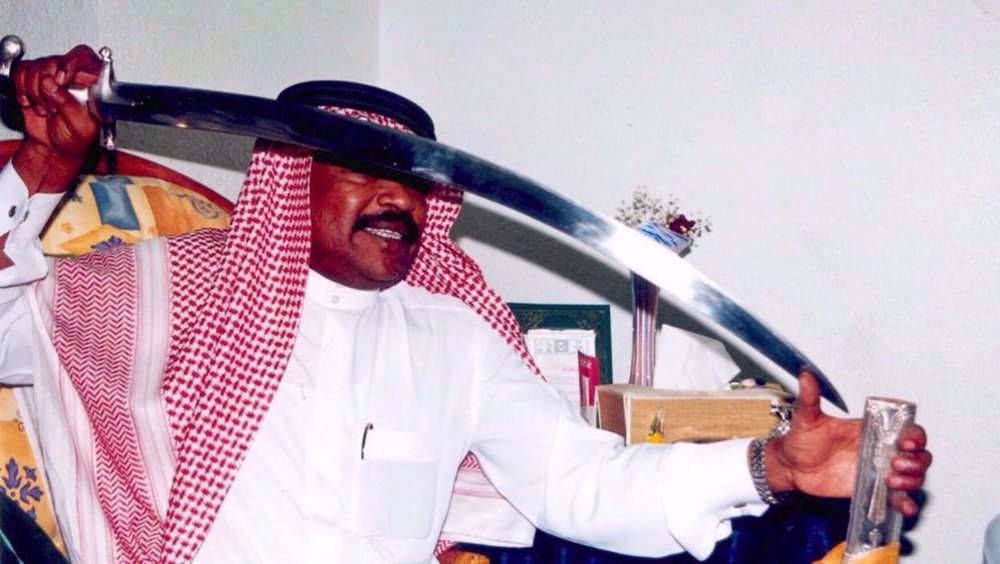
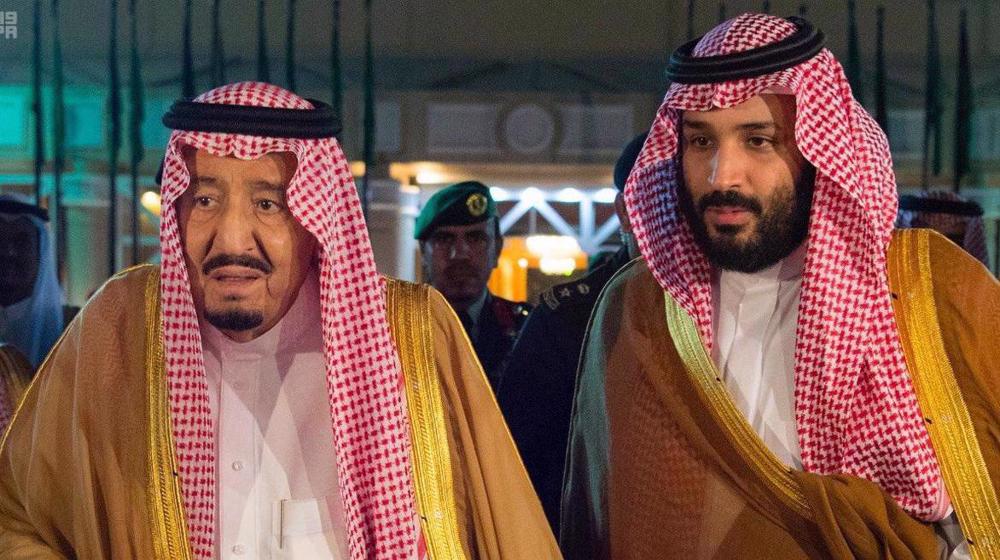
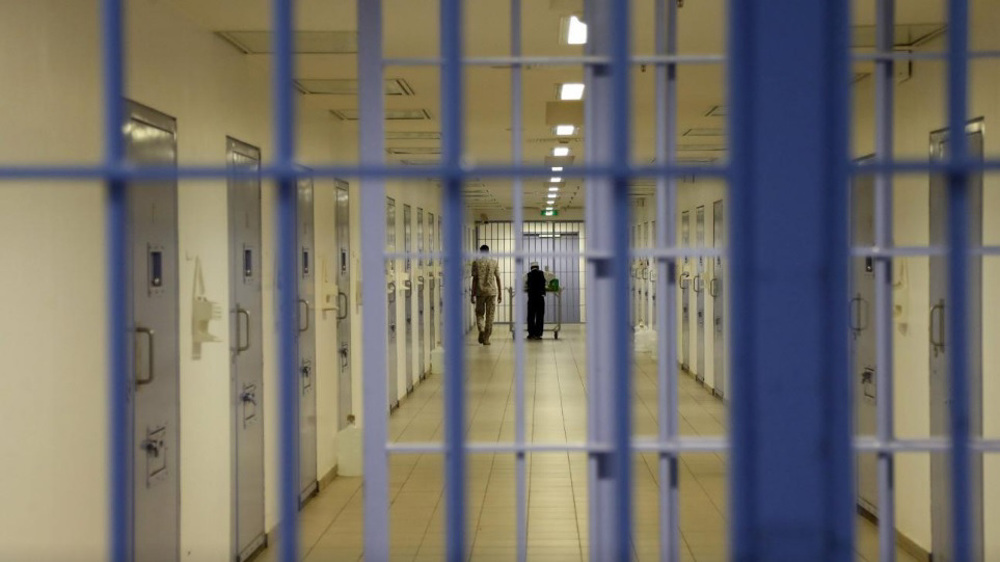
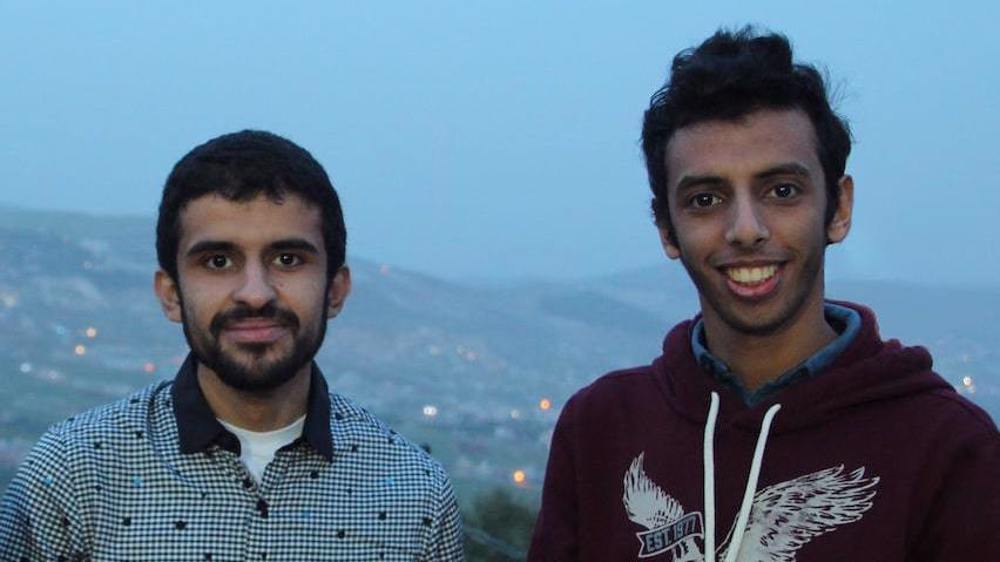

 This makes it easy to access the Press TV website
This makes it easy to access the Press TV website